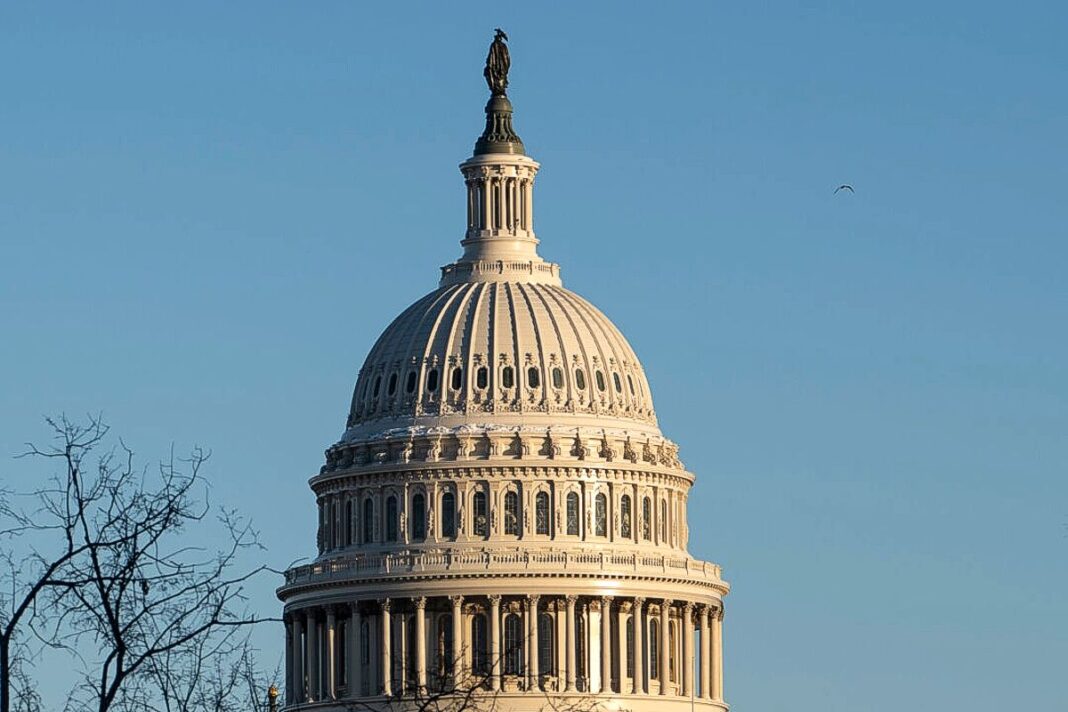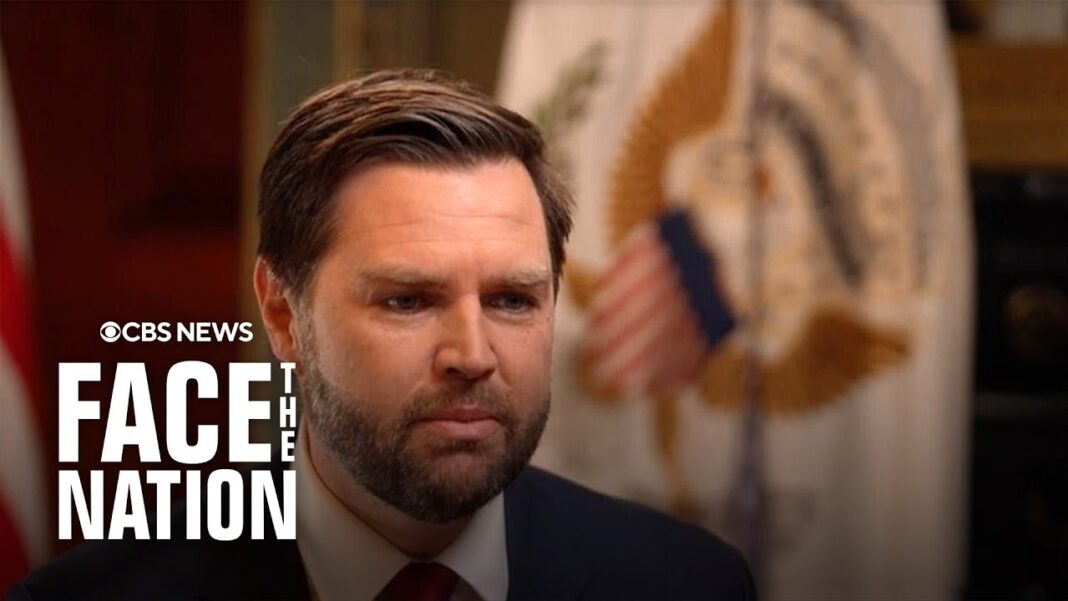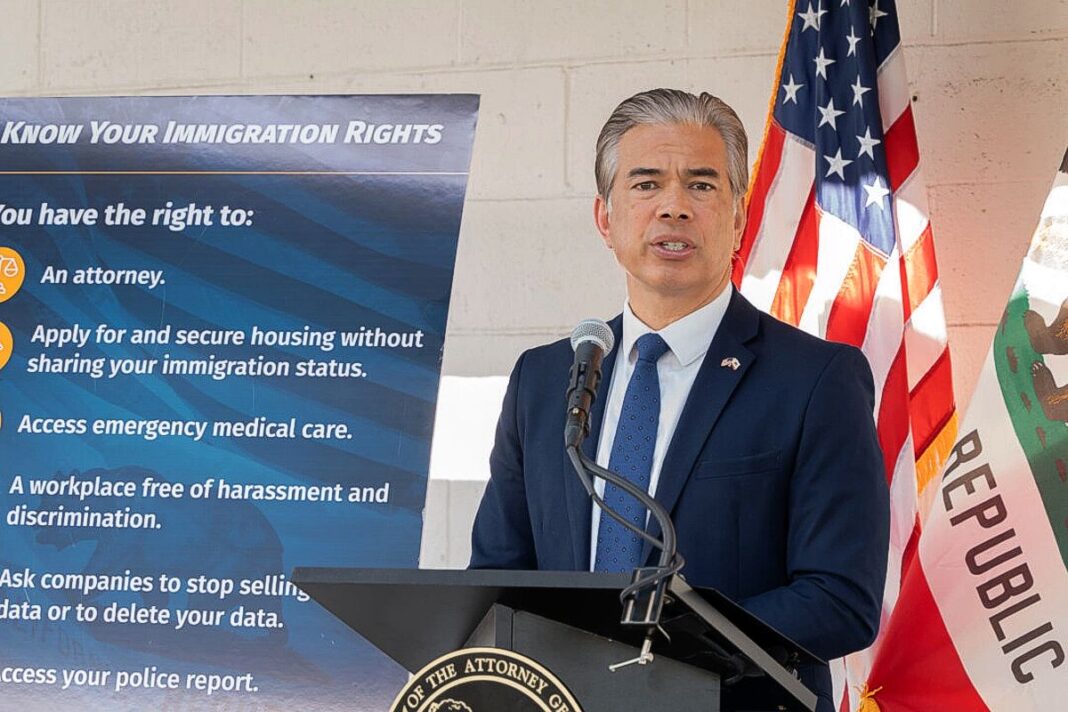An improper payment is one made by the government that ’should not have been made or was made in an incorrect amount,’ according to the watchdog.
The U.S. government made billions of dollars worth of improper payments in the most recent fiscal year, with several agencies found to be non-compliant with regulations on the matter, according to a recent report from the U.S. Government Accountability Office (GAO).
“Since fiscal year 2003, executive branch agencies have reported cumulative improper payment estimates of about $2.8 trillion, including $161.5 billion for fiscal year 2024,” the Jan. 23 report from the agency read.
An improper payment is one made by the government that “should not have been made or was made in an incorrect amount,” including duplicate payments, money sent to ineligible recipients, and payments made for goods or services not received.
The $161 billion is enough to buy over 380,000 homes in the United States, according to median home sales price data tracked by the Federal Reserve Bank of St. Louis. It is lower than the $236 billion in improper payments estimated to have been made by federal agencies in fiscal year 2023. Annual improper payments have remained above the $150 billion level since 2019.
The Payment Integrity Information Act of 2019 (PIIA) mandates that agencies identify risks related to improper payments and take corrective actions, while also reporting improper payments within the programs they administer.
GAO found that 10 agencies under the Chief Financial Officers Act were “noncompliant with PIIA criteria for fiscal year 2022.”
The 10 agencies are the Departments of Agriculture, Defense, Education, Health and Human Services, Homeland Security, Housing and Urban Development, Labor, Treasury, Veterans Affairs, and Small Business Administration.
Out of the 10, nine were found to be noncompliant with the PIIA criteria for one or more programs or activities for two consecutive years—fiscal years 2021 and 2022. The only exemption was the Department of Homeland Security.
When an agency has been noncompliant for two consecutive years for the same activity or program, they are required to submit proposals on how they plan to become compliant with the PIIA.
These proposals are to be submitted to the Office of Management and Budget (OMB). According to GAO, OMB is expected to provide guidance on the matter in the development of the fiscal year 2026 President’s Budget.
GAO recommended the director of OMB clarify that agencies not in compliance with PIIA explicitly state in their annual financial statements that they will come into compliance.
Before the GAO report was released, a draft version was submitted to OMB for review and comment. OMB agreed with GAO’s recommendations, without providing any comments on the report.









